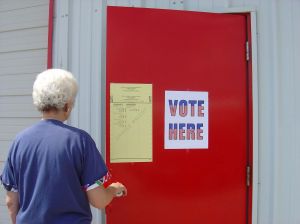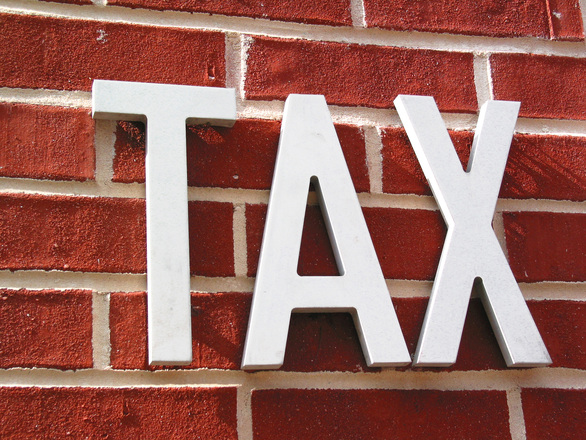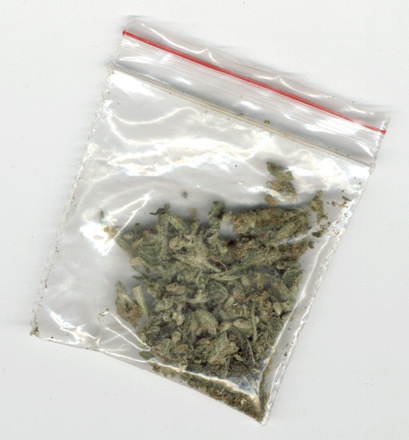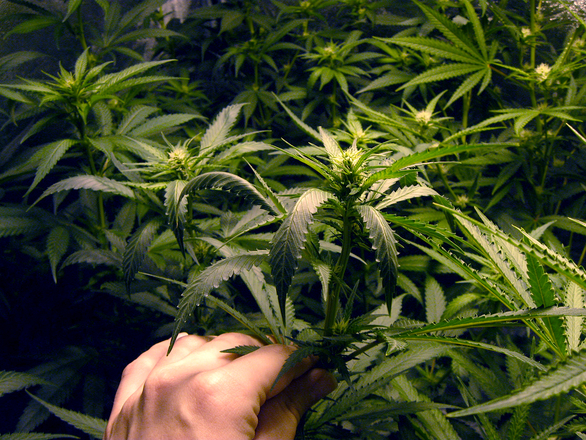Long Beach Approved Medical Marijuana on Delivery Only Basis
In the state of California, when medical marijuana was first legalized, provisions were entered in the state code that allowed for the safe distribution and purchase of medical marijuana by anyone with a valid doctor’s recommendation but left it up to local government as to whether cultivation, delivery or dispensaries would be allowed in their respective jurisdictions.
 In other words, anyone could use medical marijuana in any jurisdiction within the state, but they could only buy in their city or town if local ordinance allowed for this to occur. While this might not seem like a major inconvenience, for the sick and disabled patients who cannot afford to leave home and are of limited mobility, this is basically telling them they are out of luck when it comes to getting their much needed need medicine.
In other words, anyone could use medical marijuana in any jurisdiction within the state, but they could only buy in their city or town if local ordinance allowed for this to occur. While this might not seem like a major inconvenience, for the sick and disabled patients who cannot afford to leave home and are of limited mobility, this is basically telling them they are out of luck when it comes to getting their much needed need medicine.
Continue reading
 Cannabis Law Group's Medical Marijuana Legal Blog
Cannabis Law Group's Medical Marijuana Legal Blog





 After California passed medical marijuana legalization legislation, people were happy they could finally get the medicine they very much needed, but they were still in fear they could get arrested. Sellers of medical marijuana were also worried that they would be arrested for violation of federal law. There was good cause for all of these fears, as the United States Drug Enforcement Agency (DEA) would routinely arrest those who are participating in the medical marijuana program, which was legal under state law. Those in the business could not deposit any money earned from the medical marijuana business in banks, because that was deemed to be a violation of federal laws, as the money was considered proceeds from an illegal enterprise.
After California passed medical marijuana legalization legislation, people were happy they could finally get the medicine they very much needed, but they were still in fear they could get arrested. Sellers of medical marijuana were also worried that they would be arrested for violation of federal law. There was good cause for all of these fears, as the United States Drug Enforcement Agency (DEA) would routinely arrest those who are participating in the medical marijuana program, which was legal under state law. Those in the business could not deposit any money earned from the medical marijuana business in banks, because that was deemed to be a violation of federal laws, as the money was considered proceeds from an illegal enterprise.




 According to a recent news article from
According to a recent news article from  According to a recent article from the
According to a recent article from the 